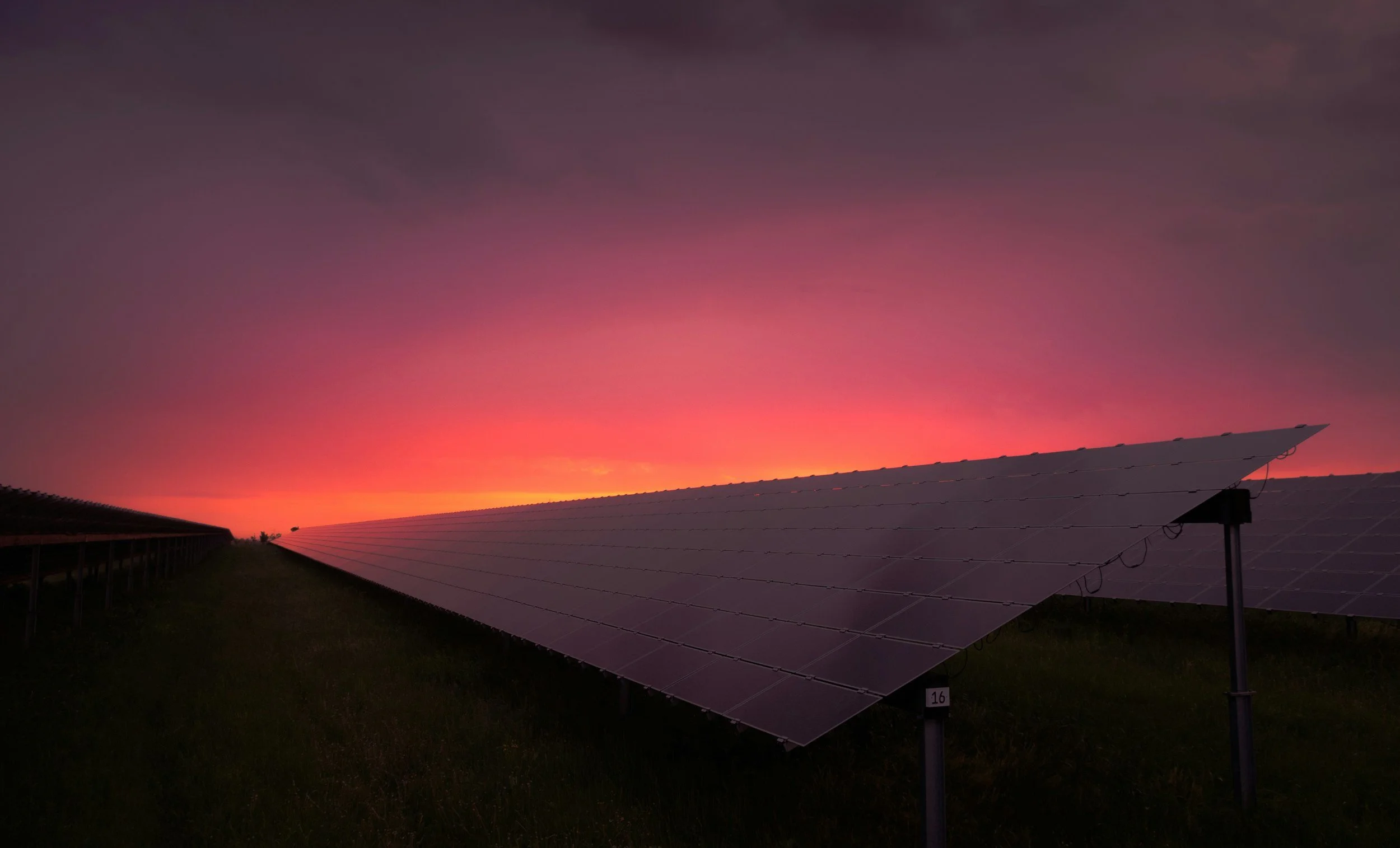Energy Market Update - 24 April 2025
European energy markets softened again yesterday, with both gas and power contracts moving lower amid forecasts for milder weather and robust LNG supply, as fundamentals outweighed macroeconomic and geopolitical concerns.
Natural gas prices continued their downward trajectory, driven mainly by an ongoing surplus in supply and limited demand. UK NBP day-ahead prices settled at 83.60 p/therm, falling by 0.9 p/therm from the previous session, while the TTF spot was at €34.30/MWh. Front-month contracts also retreated, with NBP May-25 trading at 83.61 p/therm and TTF May-25 at €34.16/MWh. European gas storage injection rates slowed, recording an 8.22% day-on-day decrease, yet stocks reached 37.53% (423 TWh) of total capacity. The UK’s storage remains notably behind continental peers, with pronounced differences at individual sites.
Continued unseasonably warm weather across much of Europe, with temperatures forecast to be 5°C above seasonal averages, further pressured demand and spot prices. In the UK, system demand dropped to 184.71 mcm, nearly 15 mcm lower than the previous day, reflecting reduced heating and industrial use. Norwegian flows, which had shifted towards the UK in the prior session, partially reversed, with 3 mcm/d redirected back to the Continent as price signals changed. Maintenance at St. Fergus removed 3 mcm/d from the system, and the outage’s duration remains uncertain, adding mild supply risk. Meanwhile, UK LNG send-out is robust, supported by scheduled arrivals from the US, Angola, Algeria, Qatar, and Russia. UK LNG nominations stood at 21 mcm/day, while both mid-range and long-range storages provided net withdrawals to balance the undersupplied system.
Bearish pressure was also seen in continental gas hubs, with PEG spot at €32.98/MWh and DE THE at €34.89/MWh. The Asian LNG benchmark JKM declined 4% on the day to $11.603/MMBtu, as demand remained muted and inventories healthy across the region. Aggregated Norwegian exit nominations to the Continent were stable at 330.8 mcm/day, while LNG regasification capacity across North West Europe continues to be well utilised, particularly in the UK, Netherlands, and France.
Power markets saw further weakness, with the UK day-ahead baseload settling at £84.50/MWh, down £4.50 on the session. May-25 baseload rose slightly to £74.70/MWh, though forward contracts broadly reflected a softer market, with Winter-25 at £83.44/MWh. A technical rebound was observed on the power curve, influenced partly by a modest uptick in carbon prices, but overall market sentiment remains cautious given the comfortable supply outlook and lower demand prospects. UK generation is supported by a balanced mix of CCGT, nuclear, and renewables, with ongoing nuclear outages at Heysham and Torness not materially affecting system capacity. Interconnector imports from France and the Netherlands remain strong, and healthy forecasts for wind and solar generation are expected to keep demand suppressed as above-average temperatures persist.
French baseload prices were subdued as well, supported by muted demand and healthy output from renewables and imports. Policy focus in both France and the UK is shifting towards boosting investment in renewables and nuclear infrastructure, with pressure on the UK government to finalise funding for the Sizewell C nuclear project, seen as critical to reducing future exposure to gas price volatility.
Other commodities followed a bearish trend, with Brent crude declining sharply by $1.32 to $66.12/bbl amid global growth concerns and continued uncertainty over US-China tariffs. OPEC+ ministers are scheduled to meet on 5 May, though the market anticipates no major adjustment to production quotas. Coal prices also eased, with the ARA CIF Cal 2026 contract down $1.43 to $104.33/tonne. In contrast, EUA carbon certificates rose by €2.51 to €66.90/tonne, reflecting some speculative activity even as underlying fundamentals remain soft.
Broader market developments include continued discussions at the London Summit on the Future of Energy Security, co-hosted by the IEA and UK government, with international collaboration and resilience of supply chains high on the agenda. The UK government is also looking to block imports of solar panels made with forced labour, a move not expected to significantly impact domestic solar output but highlighting ongoing efforts to strengthen renewable supply chains. In currency markets, GBP/EUR was steady at 1.1656, while GBP/USD slipped to 1.3255, with risk-off sentiment reflected in minor day-on-day declines.
